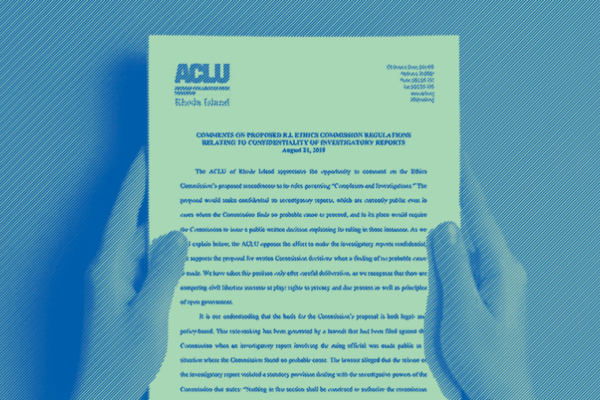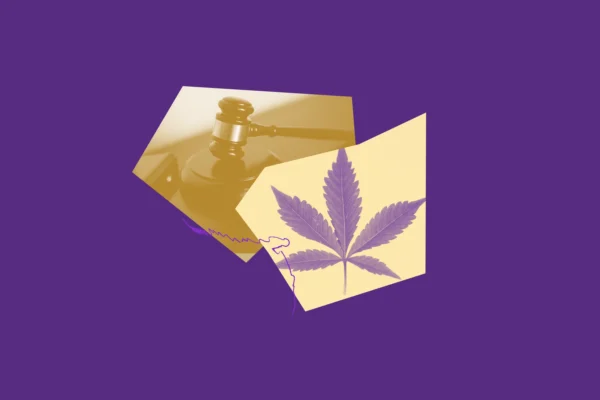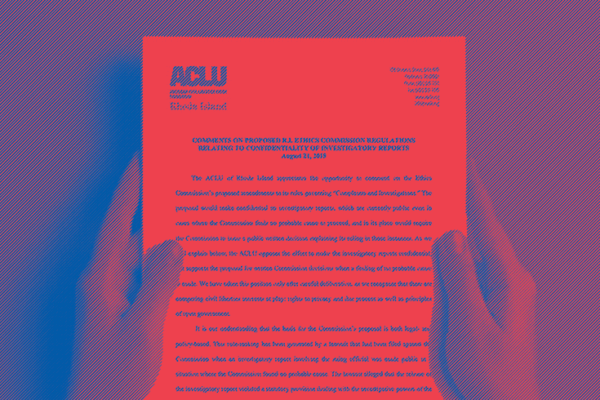On May 25, 2022, The Rhode Island Cannabis Act was signed into law, making Rhode Island the 19th state in the country to legalize the possession, home-growing and sale of small amounts of marijuana for recreational purposes. This Q&A is designed to provide some basic information about your rights under this law.
Last updated: November 2022
The information below should not be taken as legal advice. If you have additional questions, or if you feel your rights have been violated, please contact the ACLU of RI.
Documents
Related Content

LETTER Re: Proposed Cannabis Ordinances

LETTER Re: Public Use of Cannabis in Westerly

ACLU Files Brief in Support of Gun Owners Criminally Charged for Using Medical Marijuana
Stay Informed
Sign up to be the first to hear about how to take action.
By completing this form, I agree to receive occasional emails per the terms of the ACLU’s privacy statement.
By completing this form, I agree to receive occasional emails per the terms of the ACLU’s privacy statement.


